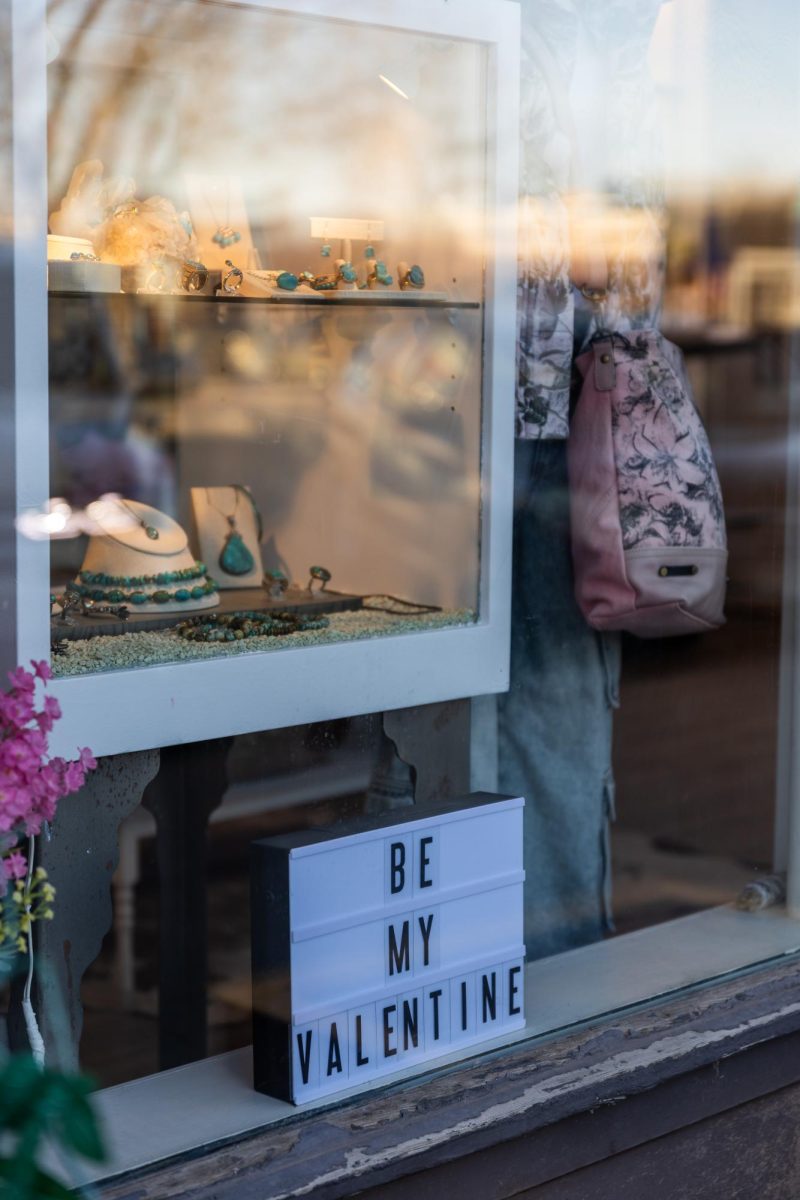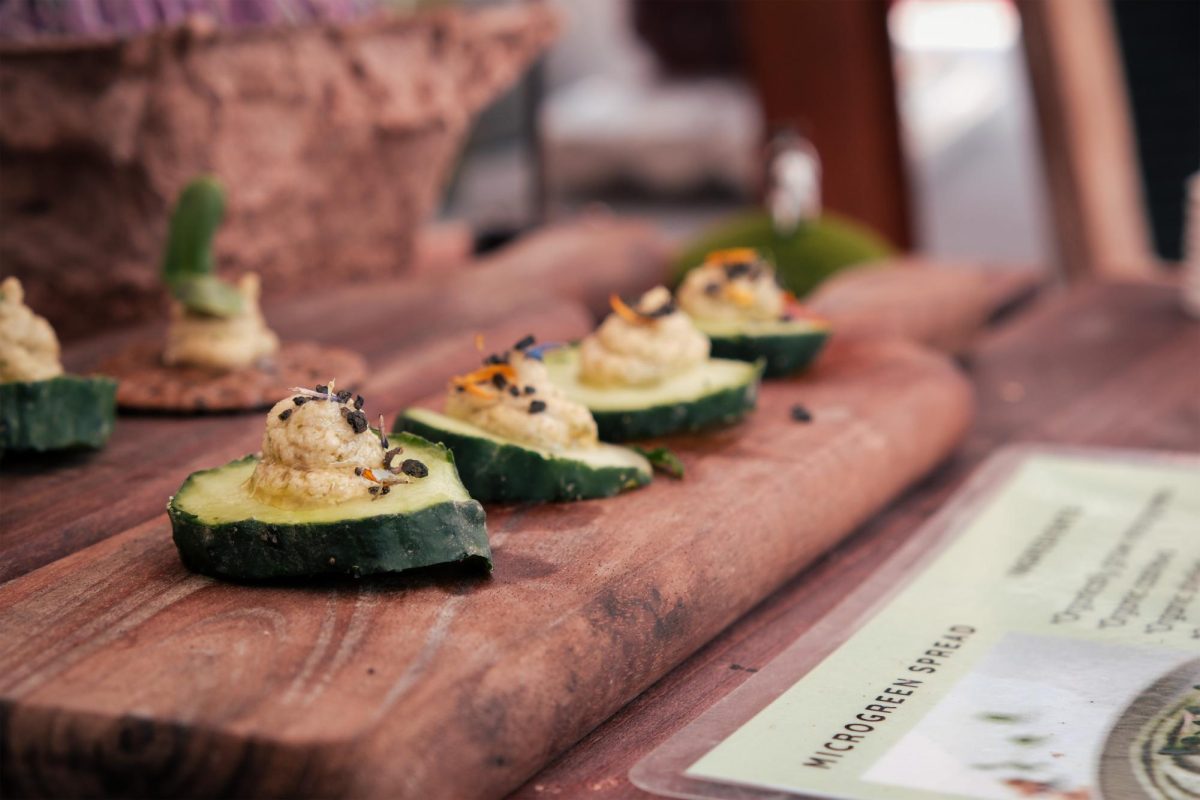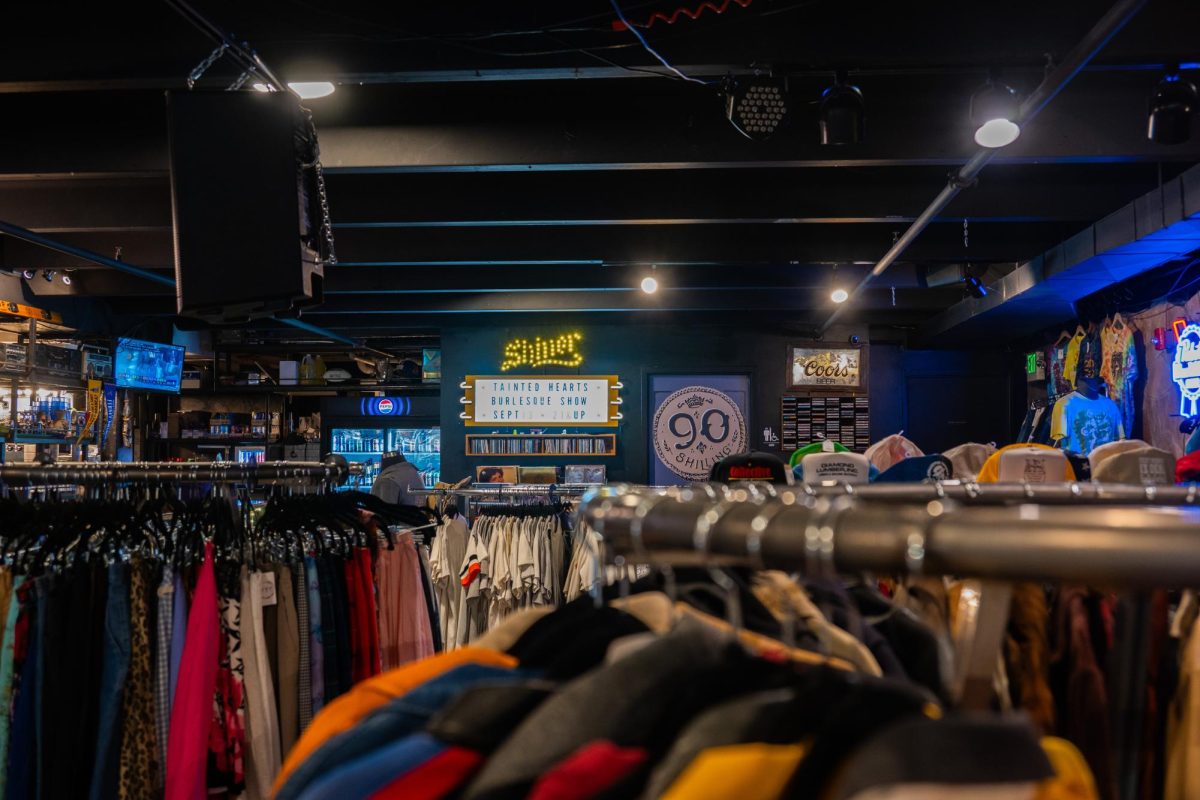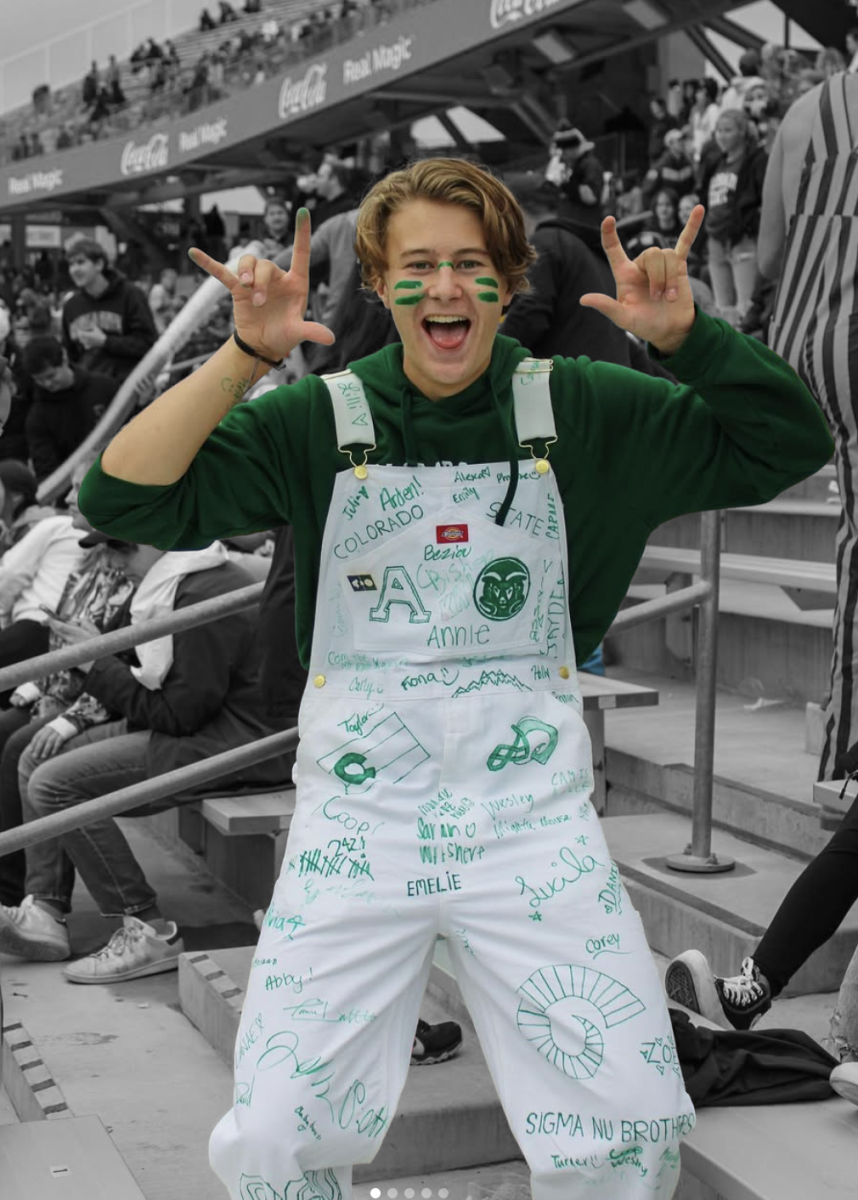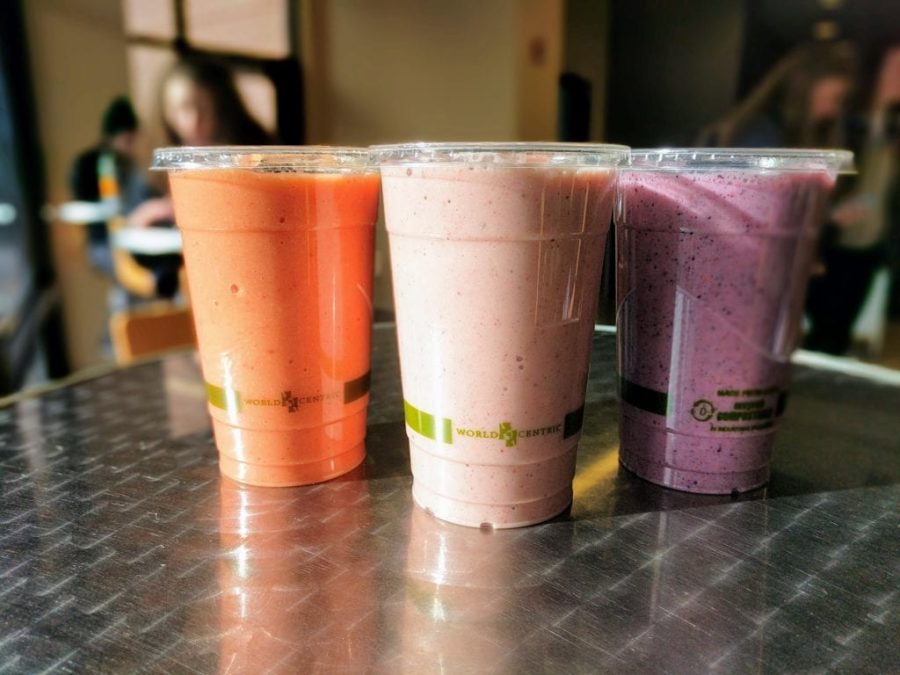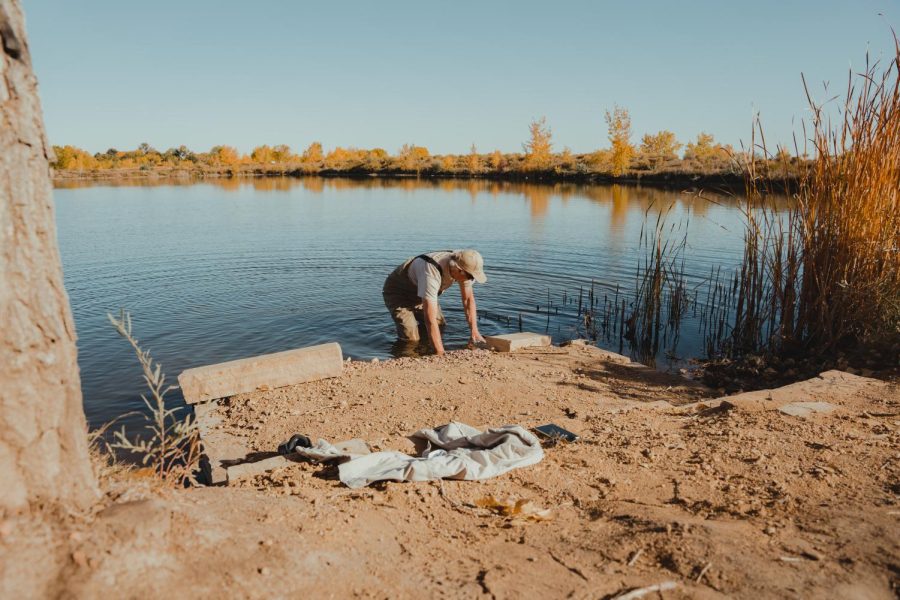Colorado State University isn’t shy about its sustainability achievements, and with good reason. The University offers 962 sustainability-related courses, composts about 5,000 pounds of food waste from the dining centers each week, and has been rated a platinum bike-friendly university since 2011, according to the University’s State of Sustainability.
But, there is one discrepancy with these initiatives, and it’s in the single-use “certified compostable” plastics served by the dining facilities to students and faculty.
A line of students can be seen wrapped around the corner to purchase their daily beverage at Sweet Temptations, one of the popular coffee shops on campus. Students can even use meal swipes at Rams Horn Express to get anything from smoothies to iced chai, all cold drinks served in compostable plastic cups.
“Consumers see these green labels and think, ‘Oh, okay cool, I can throw it in this trashcan and I’m not producing trash,’ ” said Jessie Luna, an assistant professor of sociology at Colorado State University.
“There is still an impact, there’s still the manufacturing of those cups, the composting of those cups – even if they are being composted, there’s still a lot of energy,” Luna said.
World Centric is one of CSU’s suppliers of these plastic cups made from a material called polylactic acid, which is derived from a variety of plant-based starches rather than the traditional petroleum-based options.
“There is still an impact, there’s still the manufacturing of those cups, the composting of those cups – even if they are being composted, there’s still a lot of energy.” — Jessie Luna, an assistant professor of sociology
In a statement on World Centric’s website, they rightfully claim that their products are “lighter impact alternatives to everyday plastic and Styrofoam disposables,” yet, “we encourage you to think hard before buying any single-use disposable products, even compostable ones.”
The compostable cups can exclusively be composted in a commercial industrial facility, where the materials are ground up and heated at high temperatures. World Centric estimates that each item takes about three to six months to compost.
One of the major concerns is what happens when these cups don’t make it into the right bin.
“If they are accidentally sent to a landfill and buried, it could take over a century (to biodegrade). And if they go into a plastics recycling bin, they will contaminate the recycling process,” said Sustainable America on their website.
Single-use items can be replaced with reusable cups, and some students and faculty can be seen bringing their own cups to the dining services to get their daily beverage of choice.
Luna indicates, however, that there are challenges that come with hauling around a reusable cup every day. For most people, it comes down to a matter of convenience.
“I bring my reusable coffee cup, but if I forget it or don’t have it, I’ll go buy a cup of coffee in a throwaway cup,” Luna said.
7-Eleven and Starbucks are some larger companies that have offered discounts to customers for bringing their own cup. In the past, CSU offered students 10-cent discounts during Earth Week for bringing their own cup to Morgan’s Grind, Sweet Sinsations and Sweet Temptations.
Luna believes there should be more incentive programs on campus to encourage consumers to bring reusable cups.
“It isn’t an obvious thing that [single-use] cups are horrible, but it’s something that we don’t think much about,” Luna said.
As CSU continues to be a leader in sustainability action, it wouldn’t be surprising to see an incentive program take form on campus in the near future as the student body begins to take notice of these issues.



